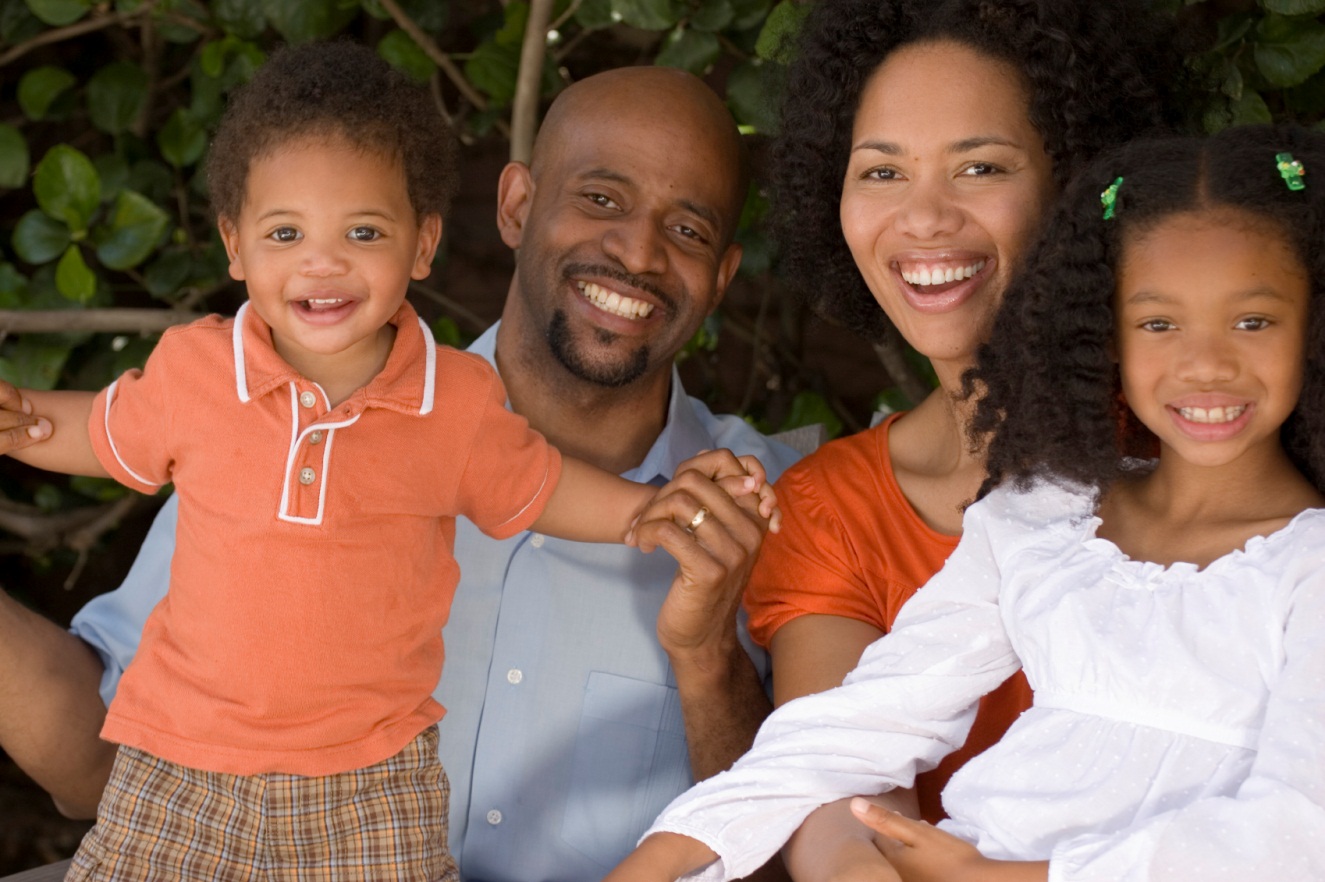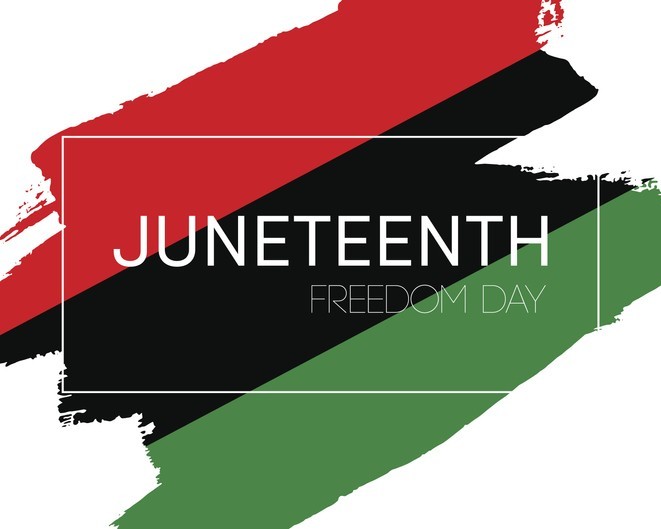AARP Hearing Center

Juneteenth, an annual holiday in many states commemorating the end of slavery in the United States, has been celebrated by African Americans since the late 1800s. But this year, following nationwide protests over police brutality and racial injustice, there is renewed and widespread interest in this day that celebrates freedom.
AARP Oregon is proud to endorse legislation to recognize Juneteenth as a holiday here. HB 2168 was introduced at the request of Gov. Kate Brown. The bill has now passed both chambers and is on the way for the Governor’s signature. (Listen to Sen. Lew Frederick carry HB 2168 on the Senate floor.)
As a native Texan, this has always been an important holiday to me - and I'm delighted that Oregon will soon recognize this as well. Here are some reflections and insights into what this day means to me.

What is Juneteenth?
Juneteenth commemorates June 19, 1865, when Union soldiers arrived in Texas and read the Emancipation Proclamation announcing that slaves had been freed. Texas was the last of the Confederate states officially to receive the news. Juneteenth received its name by combining June and 19. The day is also sometimes called "Freedom Day," "Emancipation Day," "Jubilee Day, "Liberation Day," and "America's Second Independence Day."
How is it celebrated?
"The day has long been celebrated by praying and bringing families together. Today, some celebrations take place among families in backyards where food is an integral element. And some cities hold more significant events, including parades and festivals. In 1980, Texas became the first state to designate Juneteenth as a holiday. Since then, 45 other states and the District of Columbia have moved to recognize the day. However, it has fallen short of becoming a recognized national holiday despite various efforts in Congress to do so."
What Does the Oregon Legislation Do?
The Legislation will declare Juneteenth as a legal holiday in Oregon, and is in recognition of the many ways in which the history and culture of African Americans, and the advancements, discoveries and achievements of African Americans, have contributed to the history, culture and social fabric of the State of Oregon.
What does Juneteenth mean to you, and what is its real significance for today?
"Juneteenth symbolizes freedom. At the highest level, what liberty means to anybody. And at the low level, what are the costs of freedom? On July 4, 1776, we have a Declaration of Independence. At that time, enslaved African Americans were not considered human. They were not considered people. And then, when you get to January 1863, President Abraham Lincoln declared the Emancipation Proclamation. But it takes two-and-a-half years for that word, and the enforcement, to make its way to Texas. I know we didn't have social media back then. The telegraph hadn't been been fully developed and it certainly wasn't accessible to all. But there were over 250,000 enslaved African-Americans who were still laboring without word that the Emancipation Proclamation had happened."

With a national conversation about diversity, racism, and police brutality going on, what's your message to others at AARP and to all those we serve?
"Thurgood Marshall said during his time as a member of the U.S. Supreme Court that we always have to start with, `What is the quality of your intent?' "If you intend to do good, you almost always will. If you intend to do harm, it will happen. I have been heart warmed this year by the unanimity of the cultural response to what is happening in America today. It is not just one minority or ethnic group. It is truly a rainbow coalition of folks who want to see America be as good as its people."
People of all walks of life are saying that black lives matter. What do you make of that?
"We've struggled with this issue of race throughout the centuries. I don't think this Juneteenth is going to change that. But we have a broader coalition of folks who are not only looking at the issue of race in America but also looking at how they devote themselves to the issue of race."
Juneteenth is an occasion to speak out. What needs to be better understood?
"Everybody is a product of their DNA and their environment. My social DNA starts with some folks. My great-grandparents were slaves who were born into slavery. My grandmother was free but always considered herself colored. For her whole time on earth, she believed she was a second-class citizen.
"There's racism, but there also is place-ism. Place-ism isn't about who you are. It's about being able to go where you should or should not go. Place-ism is a notion that we have not yet talked a lot about. It's driven by some issues of race and geography. It is more about how you're not one of us so you don't belong here. And if you come here, we're either not going to make you comfortable or we're going to go out of our way to make you uncomfortable because you're not in the right place. It's like Driving While Black. You seem out of place, therefore, there's reason to be suspicious. It's always one of the reasons why my manner of dress tends to be more formal than modern-day custom. I dress in black and white (suit and tie) largely because I am aware of The Talk (the conversation some African American parents have with youth about being wary of police intrusion)."
Do you have thoughts on how this can be an even more inclusive holiday?
"Holidays and monuments only go so far. Yes, I'd love to use it as a teachable moment so that both African Americans and those who are not in the African-American community can have an educational center to talk about the issues of race, equity and inclusivity."
What are your favorite Juneteenth quotes?
"Ben Franklin said, `Justice will not be served until those who are unaffected are as outraged as those who are affected.' "I'll give you the Ben Franklin quote, but Maya Angelou famously observed that `hate has caused a lot of problems in the world, but it has not solved one yet.'
"And Nelson Mandela equally said: 'It always seems impossible until it's done.' "The combination of those three quotes gives us a path to stay on. The path toward equality and justice for all."
Rawle Andrews Jr. is a Houston native, long-time lawyer, and a regional vice president for AARP who coordinates the Association's work in the seven-most-populous states in the country including California as well as Oregon.































































